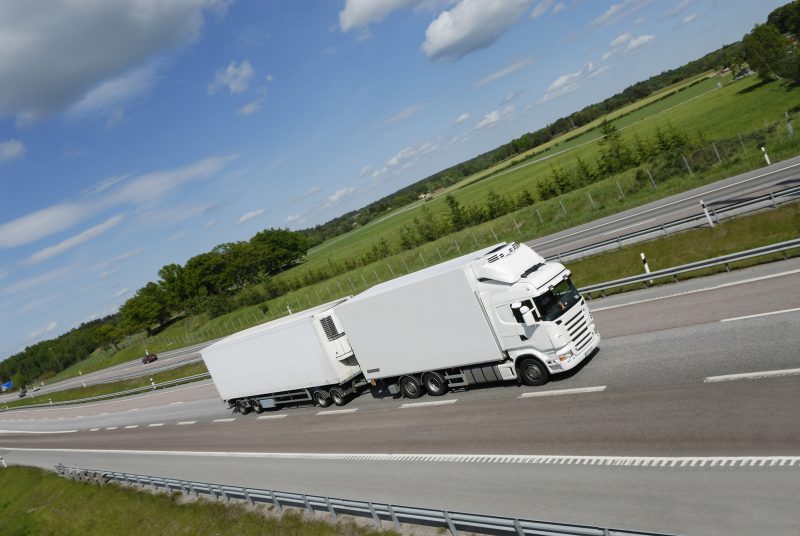Earlier this month, the European Parliament’s Transport Committee decided to act against the cross-border deployment of ecocombi-sized trucks for imports and exports.
The idea of using supersized, 25.25m “road trains” was initially proposed by the European Commission, which was looking to permit the free, Europe-wide movement of longer and heavier trucks on international routes. A thousand of these “mega trucks” and “gigaliners” have already been used very successfully in the Netherlands, as although the vehicles physically constitute longer and heavier means of transporting cargo by road, some quarters argue that they offer a greener and thus more efficient alternative to a fleet of smaller lorries.
At the moment, it is difficult to promote the use of ecocombis in the EU, as the cross-border circulation of these vehicles is only allowed under the mutual consent of two or more member states, which must either border each other or possess a connecting sea crossing.
The rejection of a proposed change to these rules represents yet another example of red tape preventing the free movement of large volumes of important and exports in Europe. This has caused controversy among some bodies, for example EVO, the Dutch Shippers’ Council, and road hauliers Transport en Logistiek Nederland (TLN). The groups issued a joint statement, according to worldcargonews.com, which stated that the European Parliament’s decision “is a missed opportunity to make road transport more efficient and greener”.
By contrast, Philippa Edmunds, the UK-based Manager of Freight on Rail, argued that the decision “is a major win for society and the economy”, stating that mega trucks “would result in more road fatalities, more road congestion, more pollution, and additional road damage”.
The debate continues.




Leave A Comment